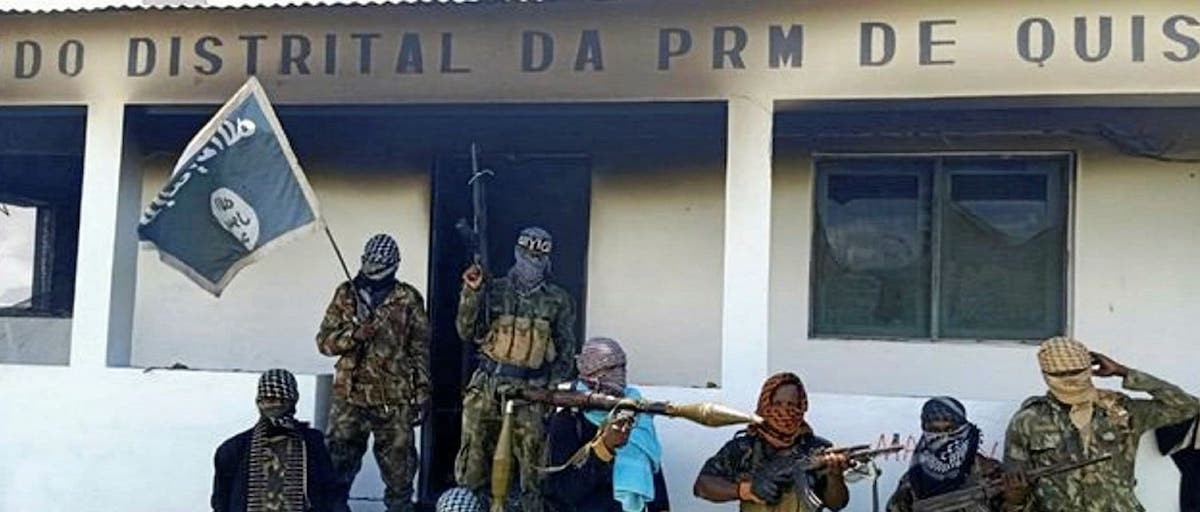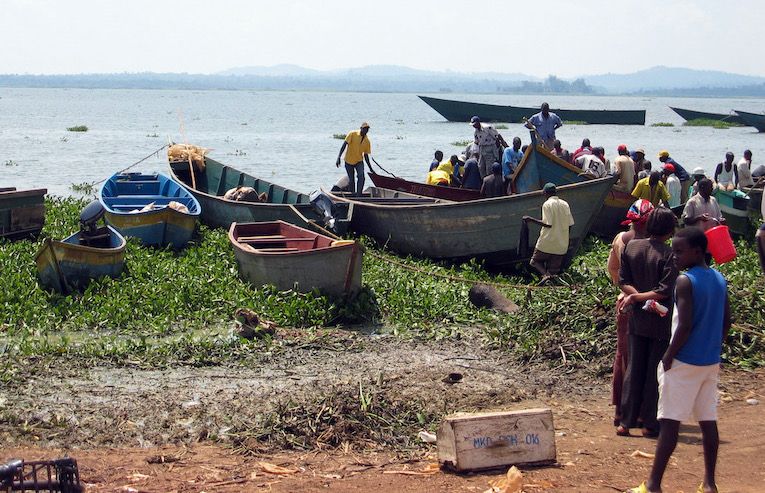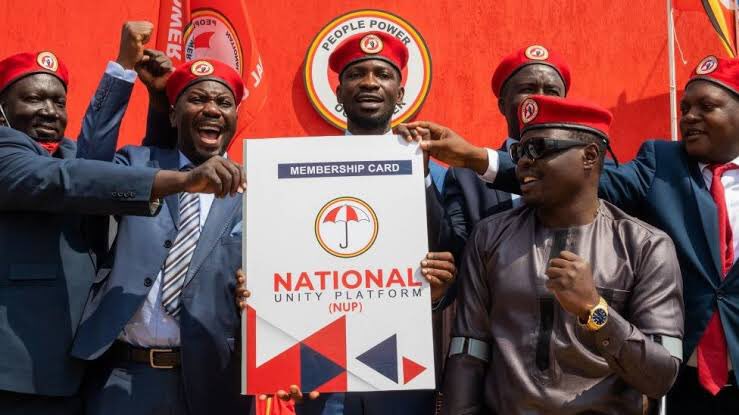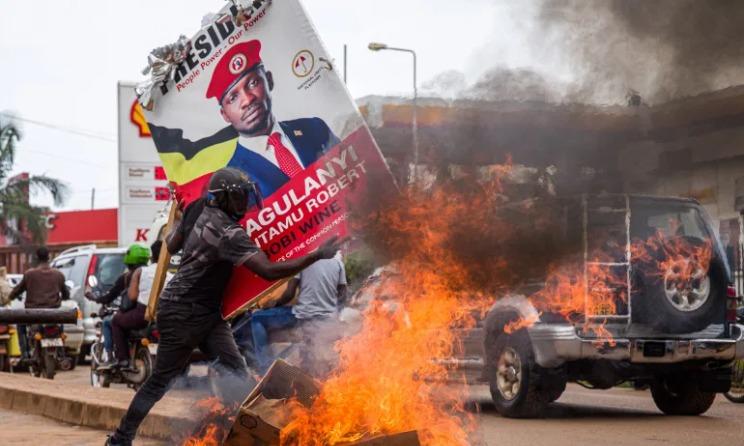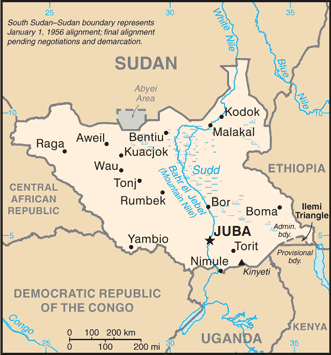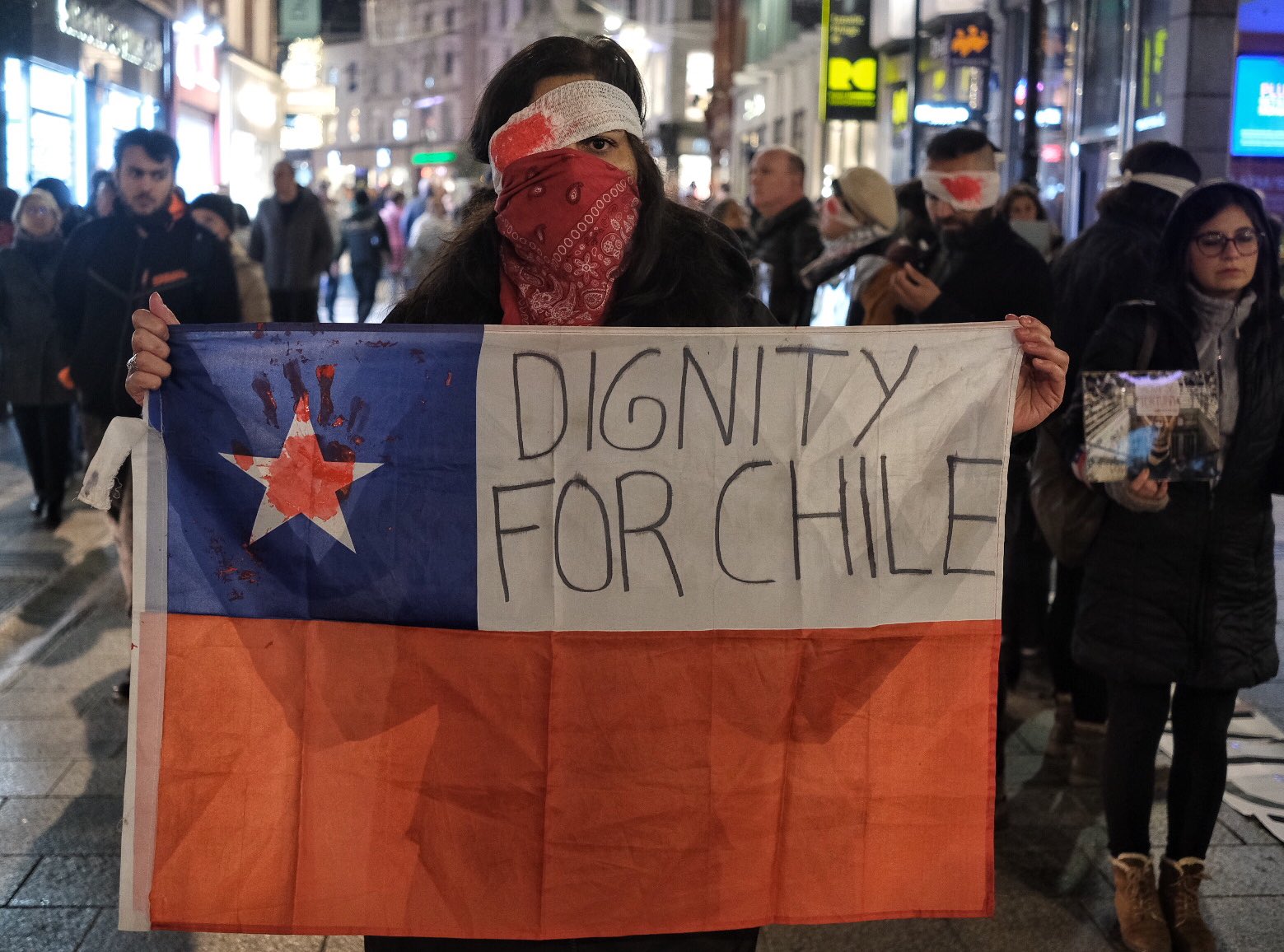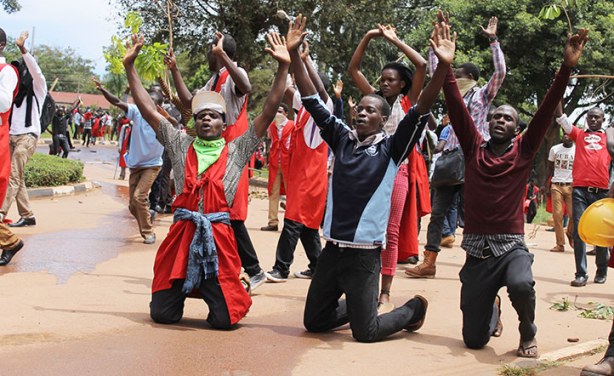Africa
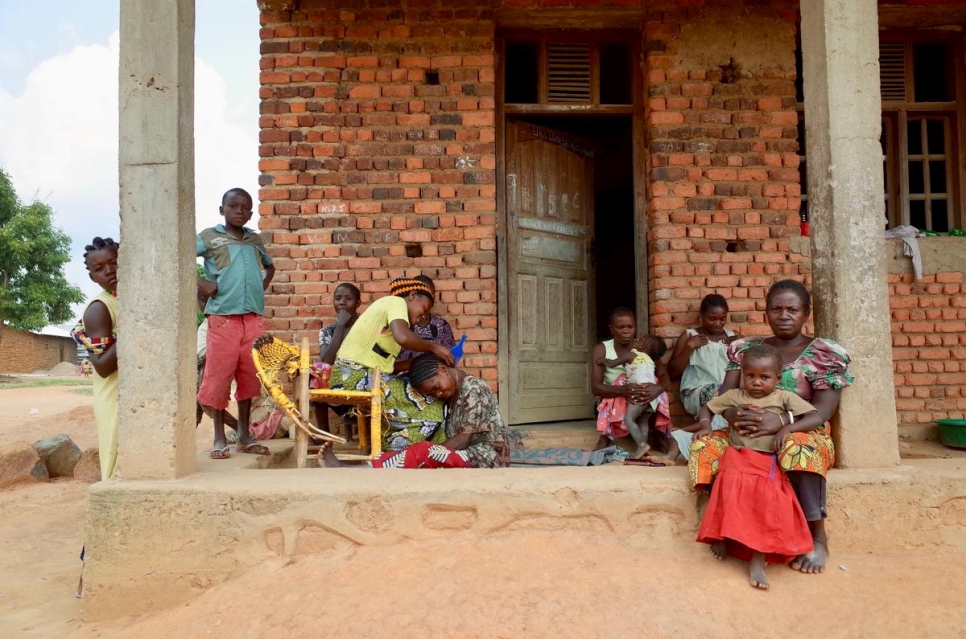
UNHCR, the UN refugee agency, is voicing alarm over the worsening situation in the Democratic Republic of the Congo’s eastern Beni Territory, North Kivu province, where violence has forced more than a hundred thousand civilians from their homes over the past two months. Attacks by armed groups since December on a number of towns and villages in the Watalinga Chiefdom, near the border with Uganda, have displaced residents to the town of Nobili and surrounding areas. Many were displaced previously and had only just returned to their villages in November last year, after fleeing violence in April. They remain in dire need of assistance. Violence in the region have been rising since the launch of a government-led military operation in December against the Allied Democratic Forces (ADF). (Photo: UNHCR)
